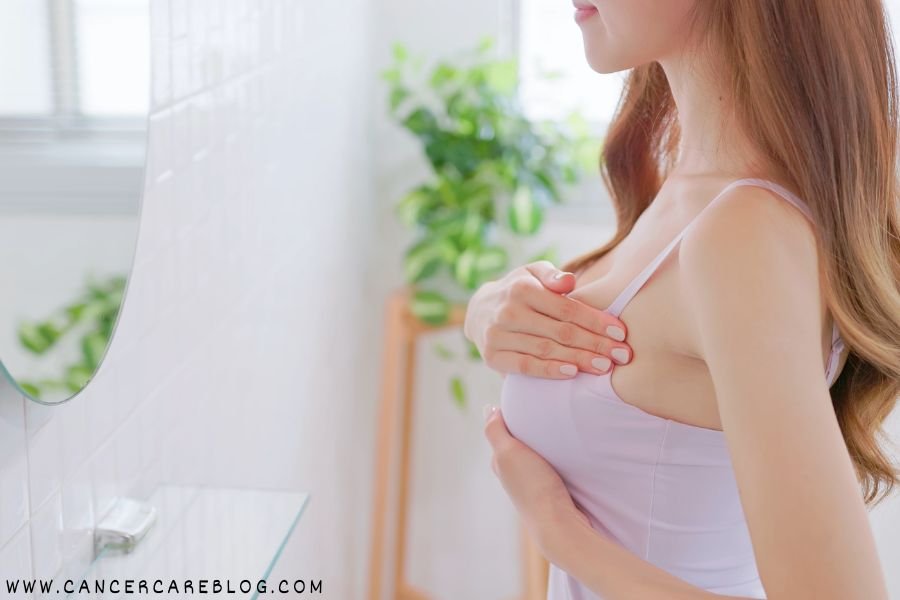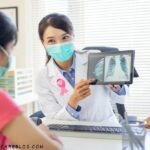I’m not a doctor. I’m not a cancer survivor either. But I care deeply about awareness. And if you’re reading this, maybe you’re concerned about your health. Or maybe someone you love is going through a scare.
Let me say this first: early detection saves lives. That’s especially true for breast cancer. What starts as a small change in your body can quickly become serious. But when you catch it early, treatment can work better—and faster.
This article is for you if you’ve noticed something odd, if you’re feeling unsure, or if you just want to be informed. Let’s talk about the signs you should never ignore.
Why Breast Cancer Awareness Matters
Breast cancer is the most common cancer among women in the U.S., after skin cancer. Men can get it too, though it’s rare. According to the CDC, about 264,000 women and 2,400 men are diagnosed with breast cancer every year in the United States.
The good news? When caught early, breast cancer cure rates are much higher. That’s why knowing the symptoms breast cancer may show in its early stages can make all the difference.
Early Breast Cancer Symptoms to Watch For
Here’s what many people don’t realize: breast cancer symptoms are not always dramatic. Sometimes, they’re subtle. Easy to miss. But not worth ignoring.
Let’s go through them one by one:
A New Lump or Mass
This is one of the most talked-about signs, and for good reason.
If you feel a lump in your breast or under your armpit, don’t panic—but do get it checked. Not all lumps mean breast cancer, but a breast cancer lump often feels hard, irregular in shape, and doesn’t move easily.
Ask your doctor if you notice any new lump—big or small.
Swelling in Part of the Breast
Even if you don’t feel a distinct lump, any unusual swelling is worth noting. Sometimes only part of the breast swells or becomes puffy. You might even feel pain or tightness.
Skin Changes
Watch for these red flags on the skin of your breast:
-
Dimpling (like an orange peel)
-
Redness or darkening
-
Itching or scaliness
These may point to inflammatory breast cancer, a rare but aggressive type.
Nipple Changes
Nipples can also show signs of trouble. These include:
-
Turning inward (inverted nipple)
-
Pain or sensitivity
-
Discharge (especially if it’s bloody or clear)
Breast cancer diagnosis often starts with small changes like these.
Unexplained Pain
Breast pain is common and usually not linked to cancer. But if the pain is new, persistent, and doesn’t go away with your cycle, it’s best to check.
Swollen Lymph Nodes
The lymph nodes under your arm or near your collarbone can sometimes swell before you feel anything in the breast itself.
Breast cancer can spread to lymph nodes early. If you feel swelling or tenderness there, don’t ignore it.
Other Unusual Symptoms
Sometimes, breast cancer doesn’t follow the textbook. A few other signs to watch:
-
A change in breast size or shape
-
A visible vein appearing suddenly
-
Feeling unusually tired without reason
Even if it seems small, anything new that sticks around should be discussed with your doctor.
When to See a Doctor
If you notice any of these breast cancer symptoms, make an appointment right away. Don’t wait for it to get worse. Don’t wait for it to go away on its own.
Here’s the truth: only a doctor can give a proper breast cancer diagnosis. That might include:
-
A clinical breast exam
-
A mammogram
-
An ultrasound
-
A biopsy
The sooner you get answers, the sooner you can take action.
What If It’s Not Cancer?
Most breast changes aren’t cancer. They could be due to:
-
Hormonal shifts
-
Benign cysts
-
Infections
But here’s the thing—you won’t know for sure until you ask a professional. It’s always better to check.
What Comes Next If It’s Cancer?
If you do get a breast cancer diagnosis, take a breath. There are many treatment options today, and survival rates—especially for early-stage cancer—are high.
Treatment may include:
-
Surgery
-
Radiation therapy
-
Chemotherapy
-
Hormone therapy
-
Targeted therapy
Doctors will guide you through your breast cancer treatment step by step. You won’t be alone.
The Bottom Line: Don’t Wait
Every year, I come across stories of women who waited too long. Who thought, “It’s probably nothing,” or “I’m too young to worry.” And later, they wish they had acted sooner.
I wrote this to say: you have the right to speak up about your body. You deserve answers. And if it is breast cancer, early detection can mean a better chance at a full breast cancer cure.
So please—if something feels off, trust your gut. Talk to your doctor. Take that next step.
You’re not overreacting. You’re being strong.



